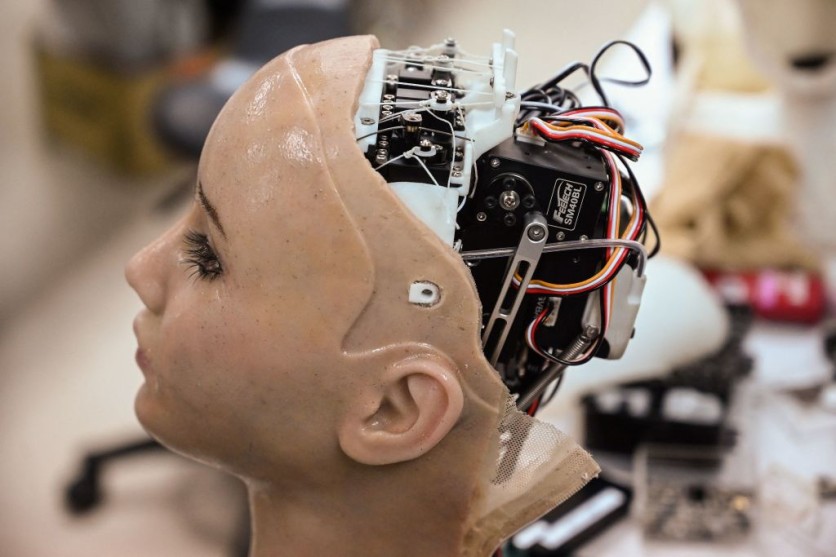A recent study brings attention to the placebo effect when individuals anticipate performance enhancement through augmentation technologies like artificial intelligence (AI).
The study suggests that people with elevated expectations of these technologies tend to make risky decisions.
This trend raises concerns as people adopt these technologies without fully comprehending their advantages and limitations.

Risk-taking and AI
Augmentation technologies have become increasingly prevalent, and some of these technologies, like spellcheck, have seamlessly been integrated into our daily lives, while others, such as exoskeletons and AI-based vision enhancement, have the potential to push human abilities beyond conventional limits.
Nonetheless, the excessive excitement surrounding these technologies generates expectations that can influence human behavior.
As an assistant professor at Aalto University, Robin Welsch, explains, "Individuals are more inclined to take risks when they believe cutting-edge technologies like AI or brain-computer interfaces are enhancing them."
"This occurs even if no actual enhancement technology is involved, indicating that it's about people's expectations rather than any noticeable improvement. The findings also imply that a strong belief in improvement, based on a fake system, can alter decision-making."
Welsch and colleagues studied decision-making and risk-taking using the Columbia Card Task. Participants thought an AI-controlled brain-computer interface (the placebo) would enhance their cognitive abilities.
However, the augmentation had no real benefits, and participants rarely encountered losses. Despite this, most participants believed it improved their performance and took greater risks. The study shows that simulated cognitive enhancements impact risk-taking behavior.
Steeven Villa, a doctoral researcher at LMU Munich, warns, "The hype surrounding these technologies distorts people's expectations, leading them to make riskier decisions and form favorable evaluations, which can have real consequences."
Read Also : Quick Guide: New AI-Powered App Superchat Allows Users to Chat With DaVinci, Other Historical People!
Never Neutral
The researchers contend that technology is never neutral. They note that contemporary AI-based vision enhancement tools are being made accessible to firefighters for improved visibility through smoke, while exoskeletons are aiding factory workers in managing physically challenging tasks.
They suggest that generative AI systems may have comparable benefits for knowledge workers.
However, the authors express concern about the potential consequences, cautioning that entire professions might develop a heightened inclination for risk-taking due to misguided expectations.
Thomas Kosch, a professor at HU Berlin, highlights the growing prevalence of AI-based technologies that enhance users and their influence on crucial real-life decisions affecting individuals' lives, well-being, confidence, and safety.
Kosch emphasizes the importance of conducting placebo-controlled studies to accurately evaluate and validate these technologies, ensuring that genuine innovation is distinguished from deceptive claims.
The study, titled "Anticipating cognitive augmentation increases risk-taking behavior," was published in the journal Computers in Human Behavior.
Related Article : FTC: AI Tech May Help 'Turbocharge' Fraud in Different Industries with its Capabilities, Commission is On It


![Apple Watch Series 10 [GPS 42mm]](https://d.techtimes.com/en/full/453899/apple-watch-series-10-gps-42mm.jpg?w=184&h=103&f=9fb3c2ea2db928c663d1d2eadbcb3e52)


